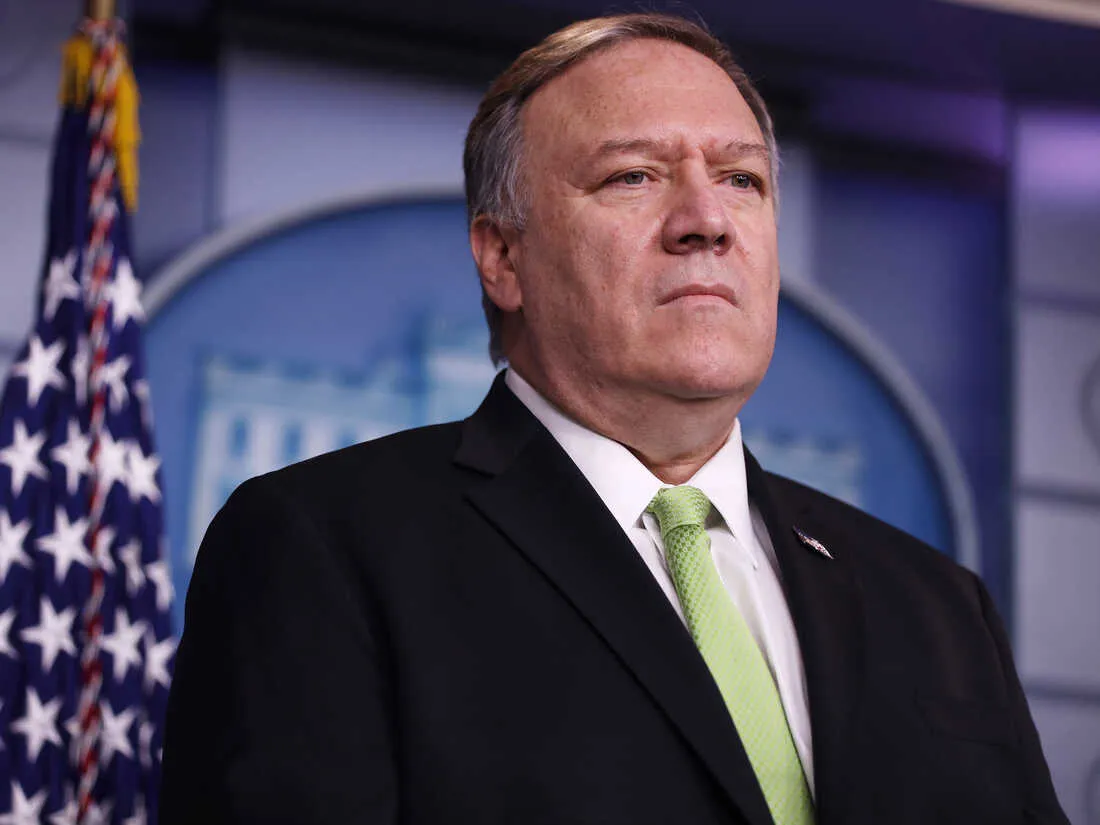Warning from the Former Secretary of State
Mike Pompeo, the former U.S. Secretary of State, has issued a stern warning about the potential recognition of Russia’s control over Crimea by the United States. His comments come at a pivotal time as tensions between the West and Russia remain heightened following ongoing conflicts in Ukraine and around Europe.
The Significance of Crimea
Crimea, a strategically important peninsula in the Black Sea, was annexed by Russia in 2014, a move that has not been recognized by Ukraine or the majority of the international community. The annexation marked a significant escalation in Russia’s ambitions in the region and signaled a change in the post-Cold War order. Since the annexation, the region has become a central point of contention in U.S.-Russia relations.
Pompeo’s Perspective
Pompeo emphasized that any formal recognition of Russian authority over Crimea would be a “mistake of epic proportions.” He warned that such a move would only serve to embolden President Vladimir Putin, undermining the principles of international law and sovereignty that the West has long championed.
“Recognizing Crimea as Russian territory would not only disregard the suffering of the Ukrainian people but would also signal to Putin that he can continue to expand his aggressive ambitions unchecked,” Pompeo stated during a recent interview.
A Call for Continued Support for Ukraine
In light of the ongoing war in Ukraine, Pompeo articulated the necessity of unwavering support for the Ukrainian government. He stressed that military, economic, and diplomatic assistance should persist, in order to bolster Ukraine’s position against Russian aggression. “We have to instill in Ukraine both the will and the means to defend itself,” he advised.
Pompeo’s stance is echoed by various Western leaders and analysts who recognize the critical nature of Ukraine’s sovereignty in the post-Soviet landscape. Every concession made to Russia may allow for further territorial claims and a broader ambition to exploit neighboring nations.
The Repercussions of Recognition
The potential consequences of U.S. recognition of Crimea pose a significant threat not just to Ukraine, but to the broader geopolitical framework. Recognition could provide a dangerous precedent that encourages other nations to disregard international boundaries and treaties.
The Historical Context
The backdrop to Pompeo’s remarks includes a long history of geopolitical conflict and territorial disputes following the dissolution of the Soviet Union. The Baltic states and Eastern European countries have been on high alert to Russian military posturing since Crimea’s annexation. In response, NATO has increased its presence in Eastern Europe to reassure allies of U.S. support.
Warnings from Experts
Many foreign policy experts share Pompeo’s concerns. They argue that acknowledging Russia’s claims could lead to decreased U.S. credibility in global affairs. Mark Pomar, a Washington-based analyst, declared, “Recognizing Crimea would send a signal that America is willing to abandon the rules-based order it helped craft after World War II.”
Impacts on NATO and European Security
Making a decision to acknowledge Russia’s position in Crimea could have dire implications for NATO. The alliance’s eastern members remain anxious about the potential for becoming Russia’s next target. Any sign of weakness or inconsistency in U.S. foreign policy might embolden adversaries worldwide, which could lead to increased military tensions not just in Europe, but globally.
Conclusion: The Path Forward
The path forward for U.S. policy in regard to Crimea is fraught with challenges. Pompeo emphasizes a unified approach involving diplomacy, military support, and alliances with other nations as crucial to maintaining the status quo. International support for Ukraine must be a priority, as failing to recognize its sovereignty equates to allowing international law to be undermined.
As Pompeo stated, the stakes could not be higher: “We must learn from history; the consequences of misjudgment are often generational.” The actions taken today will resonate for years to come, influencing the future of both American foreign policy and global stability.







